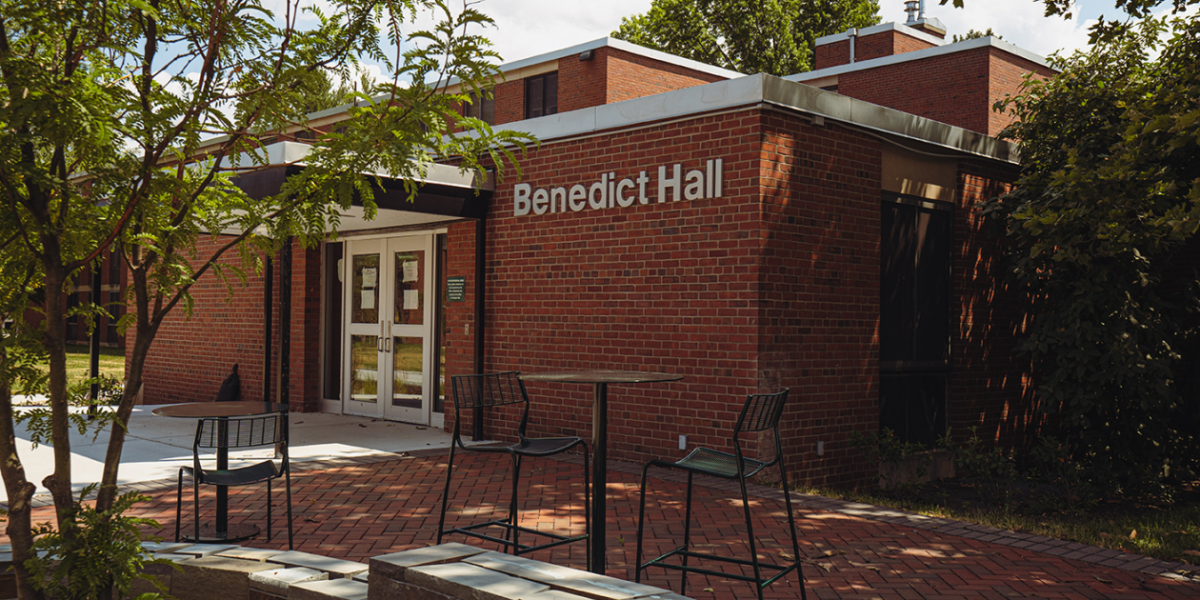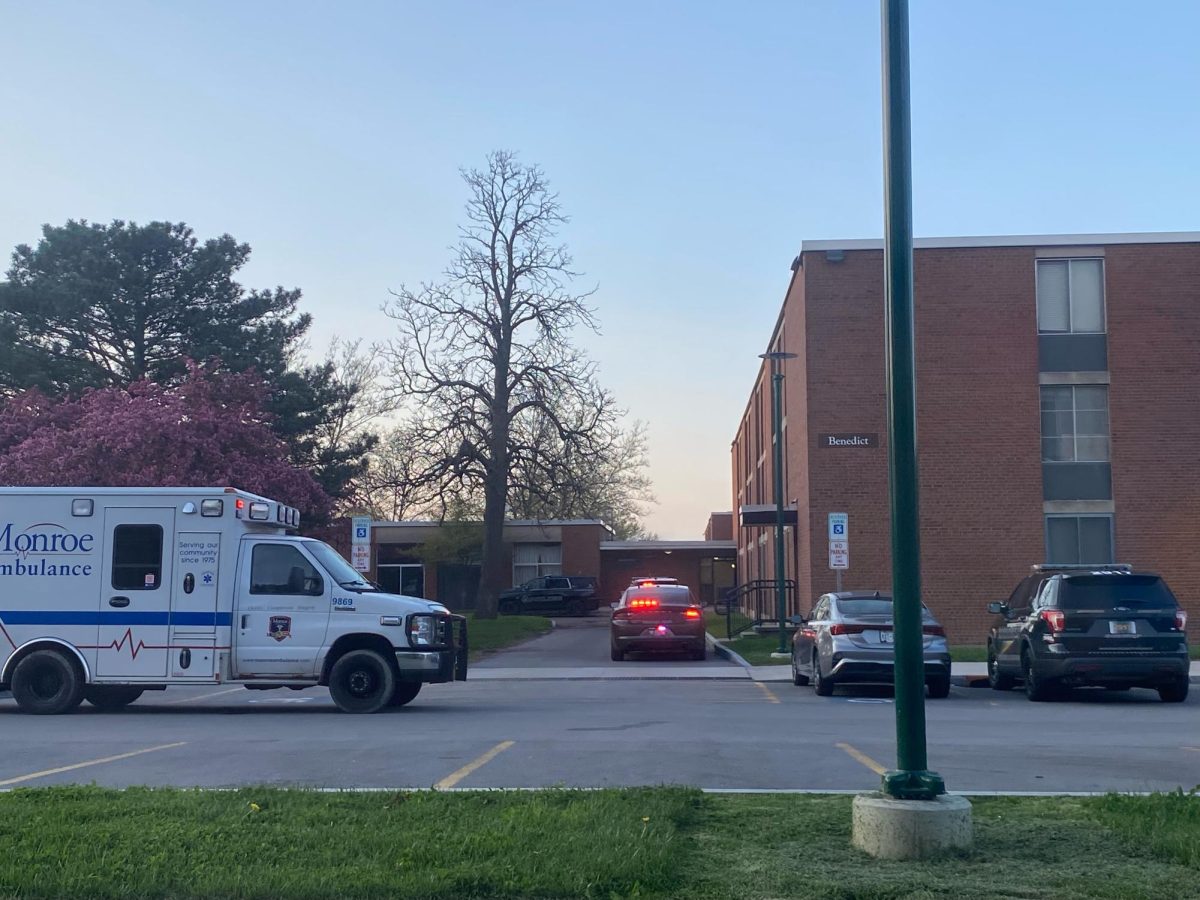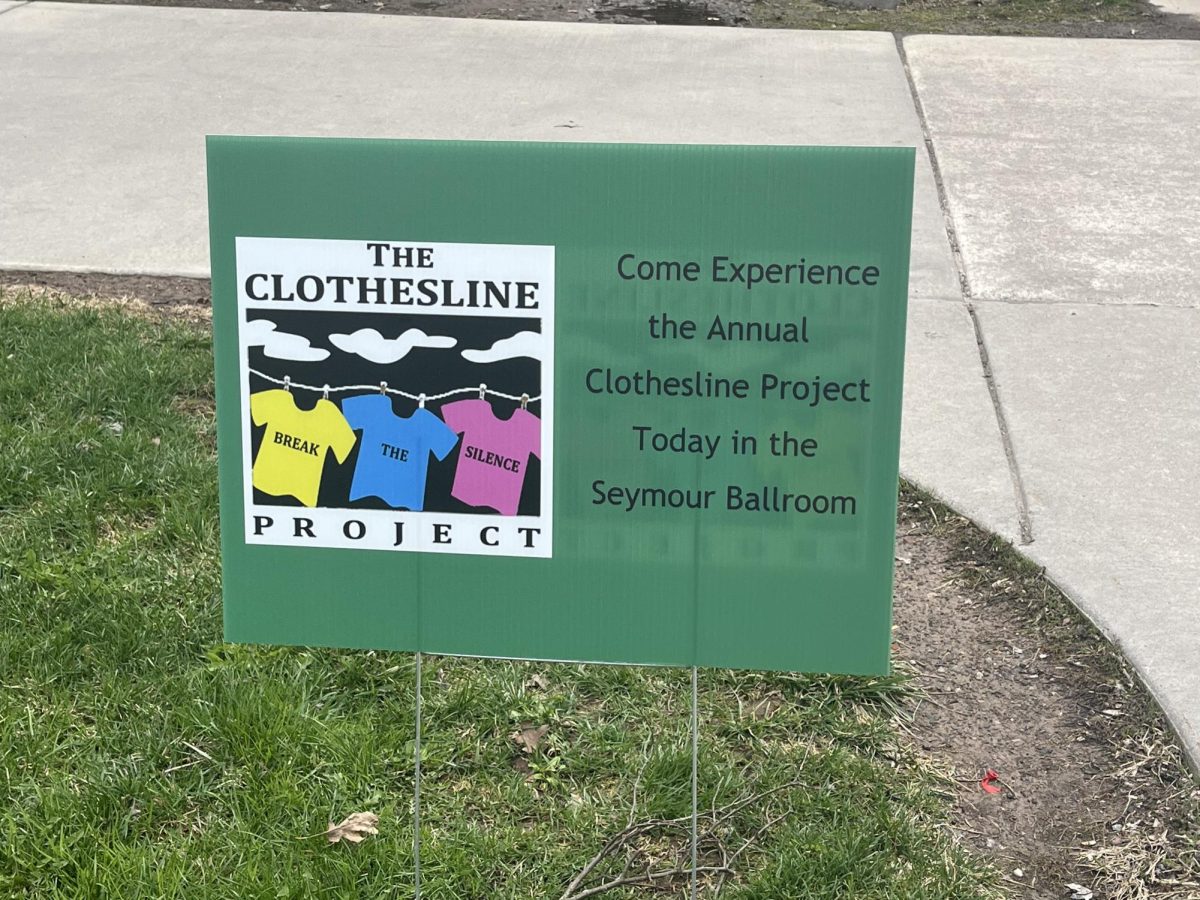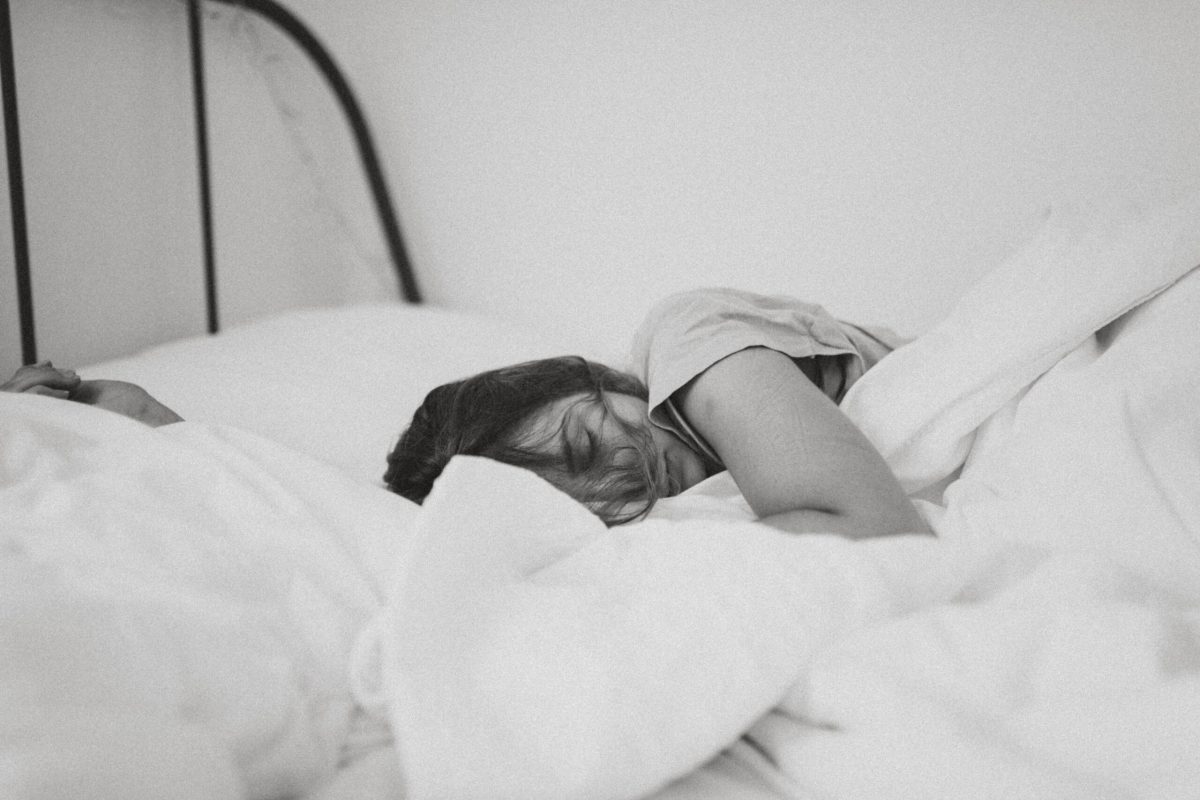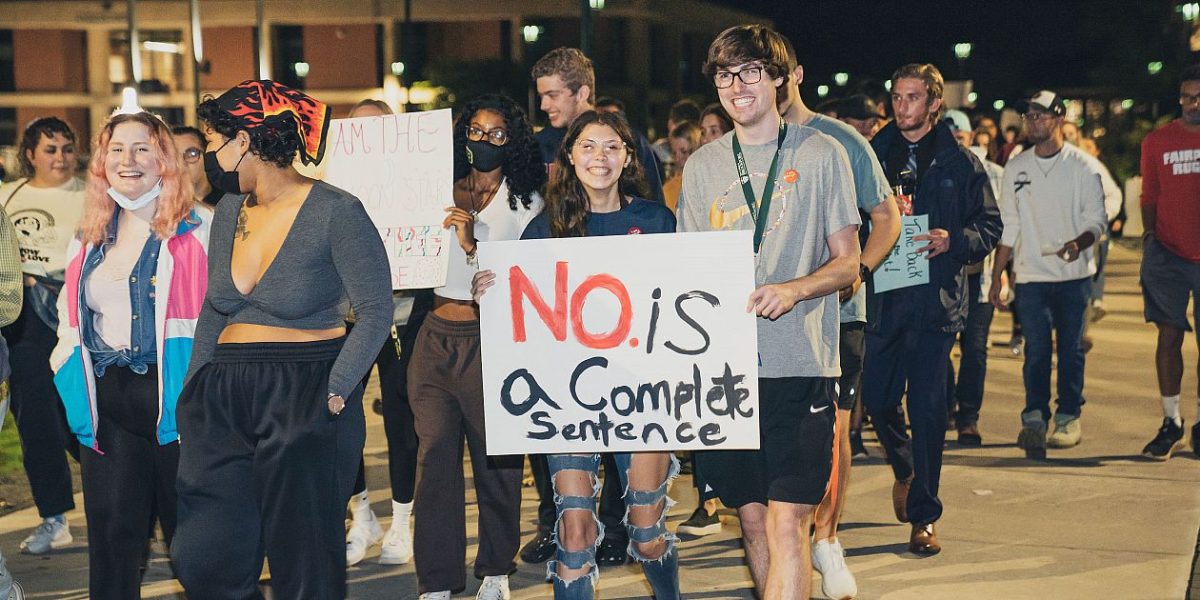Whether you’re a part-time or full-time student, keeping up with homework, classes, jobs and extracurricular activities can make it difficult to get a good night’s rest.
According to the National Sleep Foundation, on average, college students (ages 18-25) need around seven to nine hours of sleep. Various factors like health, medication or stress can impact the quality or duration of sleep.
SUNY Brockport psychology assistant professor Jack Peltz is currently conducting a workshop to help Brockport students improve their sleeping habits on campus with group sessions. Recruitment for the second group just closed. They met on Feb. 21 in Holmes B5, and will follow with two additional 75-minute sessions, to help students identify their unhealthy sleeping habits and how to improve them.
For those who were unable to attend this workshop, the college recommends various treatments to help improve sleep in students. Going to the Hazen Counseling Center to learn and improve on different relaxation techniques can be very beneficial, as well as combatting any underlying issues that may be causing these sleep problems.
Peltz believes college itself is the cause for most college students’ sleep problems.
“If you created the worst possible situation for sleep, it would be called college,” Peltz said. “There’s a lot of reasons for that, like the environment where college students sleep. They tend to sleep in louder dorms, with multiple people living in just one room. They have their entire life in that room, from where they hang out to where they do their homework.”
College campuses breed a variety of distractions and disruptions. When devoting time to work, extracurricular activities, homework and a social life, maintaining a healthy sleep routine can seem impossible.
“There are a host of sleep hygiene habits that anyone can implement,” Peltz said. “I mean, we take care of our teeth before we go to bed to prevent cavities. Students can do something similar in that aspect to prevent sleep problems from developing. Sleeping in a cool, dark environment, around 60 to 65 degrees, is the best environment to sleep in.”
SUNY Brockport junior Ramsey Curtis only gets around three or four hours of sleep on average.
“When I give myself time to sleep, I feel better, but if I only get three hours, I feel like I didn’t get any sleep at all. I’ve noticed that if I don’t get enough sleep at night, it takes away a lot of my energy during the day. Then when I come home, I don’t have the energy to do my homework,” Curtis said.
As a part-time student with a full-time job, Curtis’ lack of sleep negatively affects her work and academics.
“It takes away a lot of my energy during the day when I don’t sleep at night. It impacts my studying, my work and my homework because I don’t have any energy left to do it, to be honest,” Curtis said.
Although SUNY Brockport junior Sarah Klatt gets around seven to nine hours of sleep at night, she still feels exhausted throughout the day.
“I get a good amount of sleep, but the quality of it is horrible. It’s mainly because of my stress and anxiety, but I always feel exhausted during the day with work and school, even after getting seven hours of sleep at night,” Klatt said.
While a student may get eight hours of sleep, that doesn’t mean it’s eight hours of quality sleep.
“Sleep connects to basically every facet of our life. It can affect your mood, cognitive processes and immune system, among other things. With lack of sleep, we don’t think as clearly, making it harder for us to do things that require higher concentration, like academic work, resulting in poorer grades. Sleep also helps to consolidate memory, so if you’re pulling an all-nighter studying, that lack of sleep can actually result in the loss of some of that material. Wherever there are sleep problems, you’re going to find resulting problems,” Peltz said.
Whether it’s going to bed earlier or wearing ear plugs to fall asleep, taking the effort to prioritize healthier sleeping habits will help improve day-to-day life.

